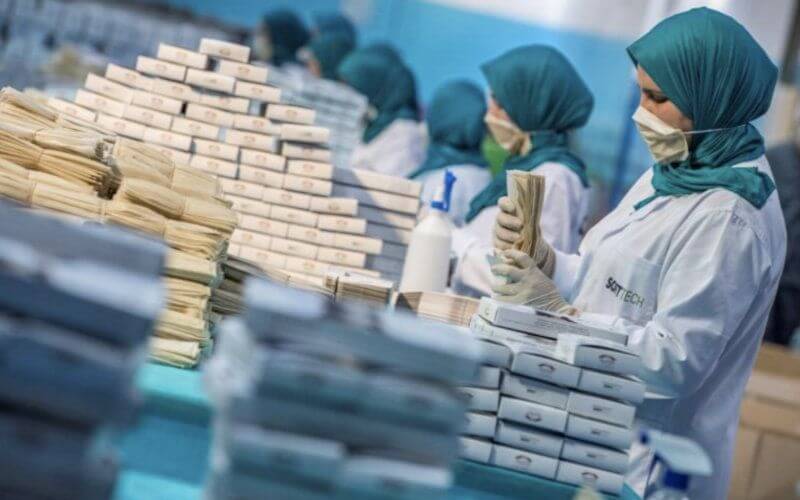Morocco’s Industrial Acceleration Plan Proves Crucial Amid COVID-19 Crisis

After the manipulators of the INDH, another initiative of King Mohammed VI is showing its full importance, especially in these times of health crisis generated by covid-19. This is the new industrial strategy of the Kingdom of Morocco, the launch of which was given in April 2014.
The Industrial Acceleration Plan put in place by a team led by Moulay Hafid Elalamy was not lacking in relevance. It was a matter of "reorganizing the Moroccan industry around 54 ecosystems, in partnership with 32 professional associations and universities". And to achieve this, Moulay Hafid Elalamy had shaken up several "bad habits". He especially led certain sectors to a "forced" modernization, reports maghreb-intelligence.com.
Today, with the coronavirus pandemic, the facts prove him right. The Moroccan industry has been able to respond, in record time, to the demand for masks and artificial respirators. Moreover, the plastic bag manufacturing industry, which was taking time to thrive, has been able to rise to the challenge with brilliance. And to top it off, Morocco is one of the only countries in the "Mediterranean basin" able to produce up to 6 million protective masks per day that comply with the standards in force in the European Union.
This is not to mention the Polytechnic University Mohammed VI, the National Institute of Posts and Telecommunications and the Moroccan Center for Science, Innovation and Research, which have designed and manufactured 100% Moroccan artificial respirators, initially intended for hospital facilities responsible for welcoming patients with covid-19.
With regard to hydroalcoholic solutions, a factory in the city of Kenitra, specialized in the production of ethanol, and which had been shut down since 2018, resumed operation in one week in order to supply the Moroccan market. Today, it has been able to deliver antiseptic gels to the market at prices within the reach of the smallest budgets.
Related Articles
-

Air Arabia Chaos: Stranded Passengers Miss Funerals and Hospital Visits as Flight Cancellations Spark Outrage
7 September 2025
-

Morocco’s Real Estate Paradox: Soaring Prices Defy Official Data, Crushing Home Ownership Dreams
6 September 2025
-

Morocco’s Foreclosure Crisis: Social Media Auctions Mask Rising Family Evictions
6 September 2025
-

Morocco’s Construction Boom Faces Labor Crisis: World Cup Projects Strain Housing Sector
6 September 2025
-

Morocco’s Economic Boom: From Infrastructure Giant to Global Industrial Hub
5 September 2025